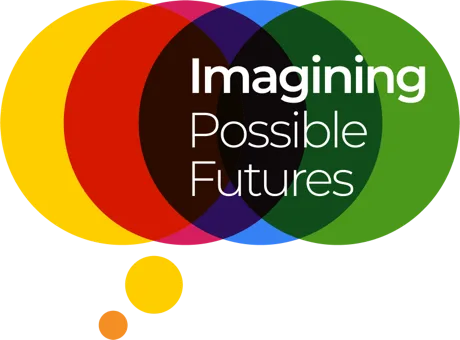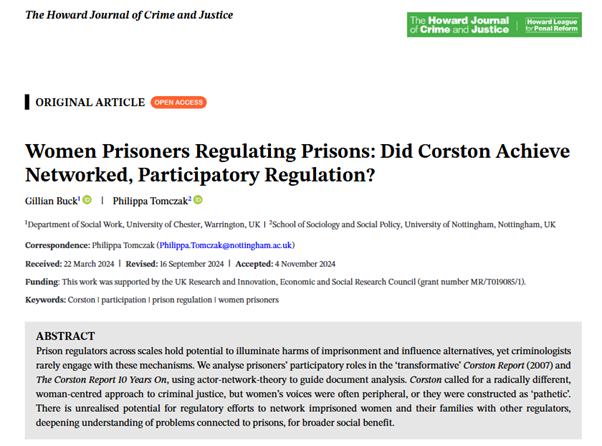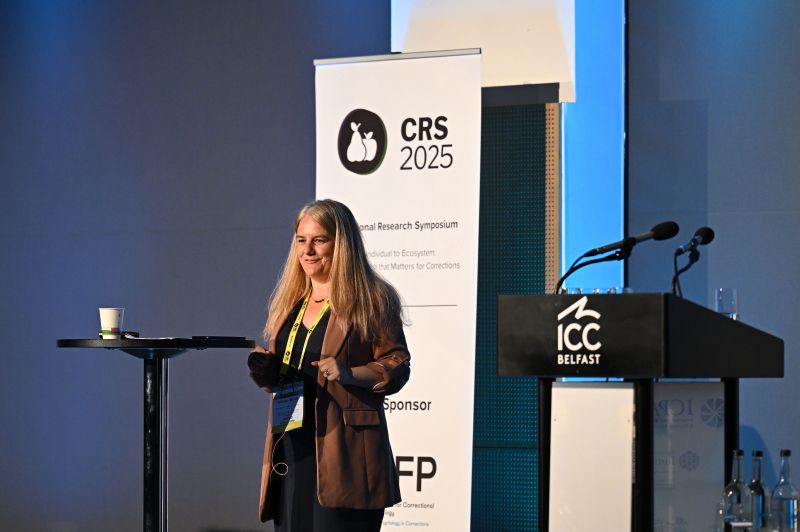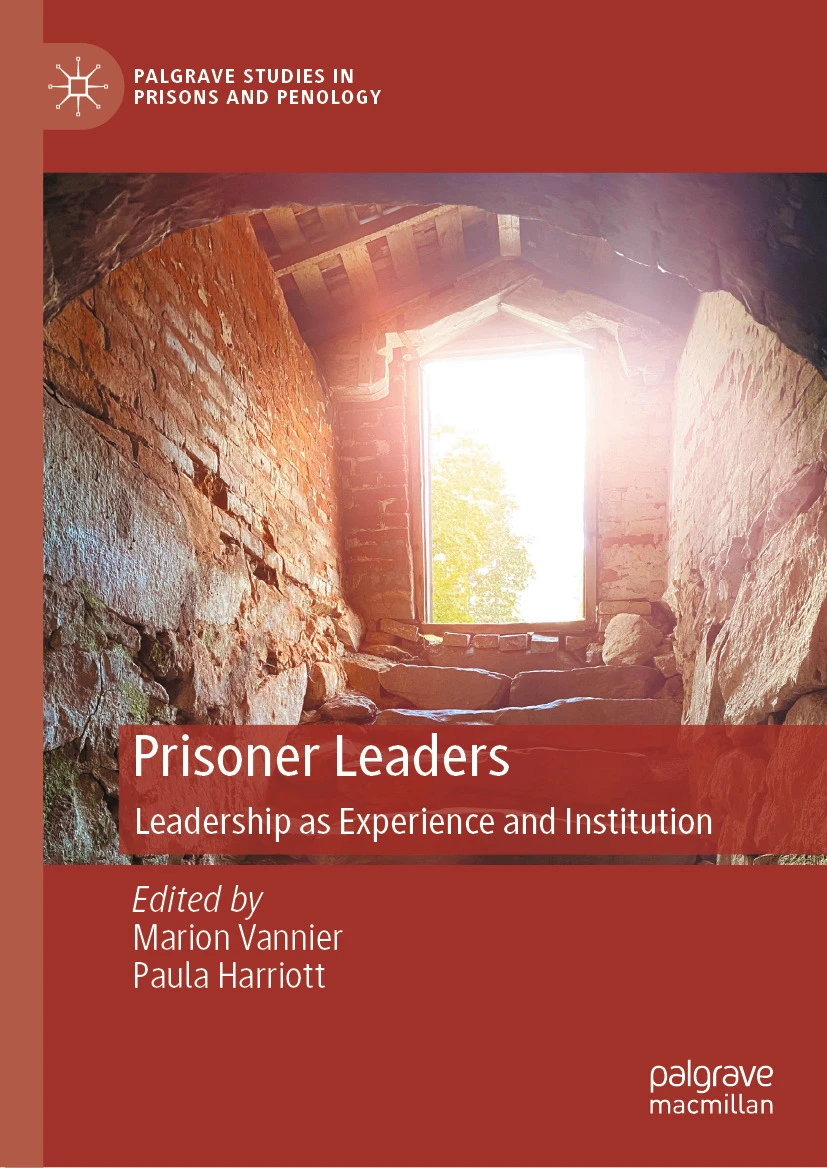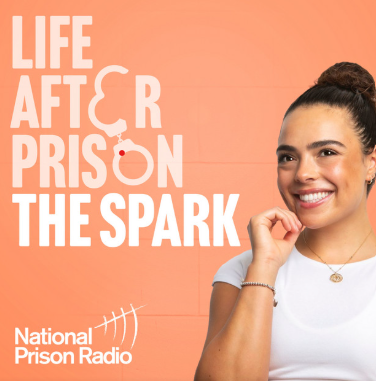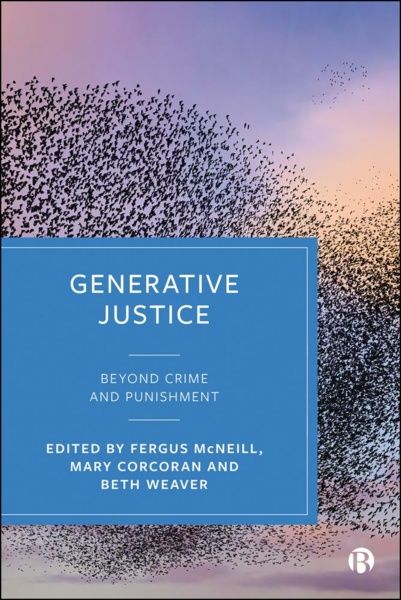For 11 years, our Co-Investigator Emma Murray has volunteered as a Criminologist in Residence at FACT Liverpool.
This beautiful reflection considers what she has learned from this time, and what she will bring to ongoing and future collaborations.
The work articulates one of Emma’s superpowers: “to curate criminology… [is] to think of how to bring criminology into [the] gallery context… Curation is about creating conditions in which the relationship between artworks, artists and audiences can produce new insights and possibilities”
As part of our Imagining Possible Futures study, Emma is now applying her learning from Resolution to co-develop strengths‑based resources with people impacted by justice systems. These resources will support imagination based problem solving to build more inclusive learning and support services within and beyond criminal justice.
See more on Resolution here: https://lnkd.in/enmGt9Tv


